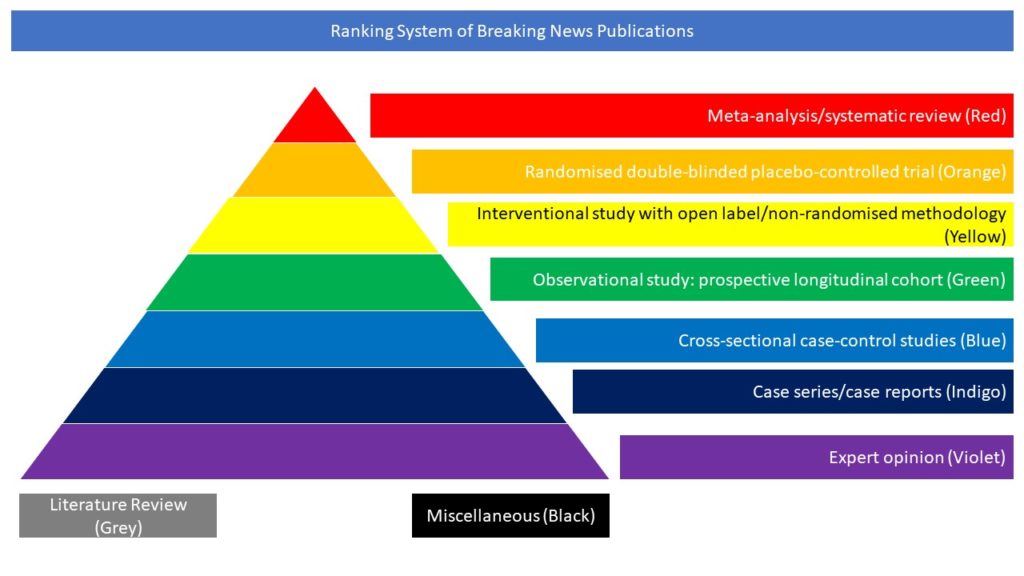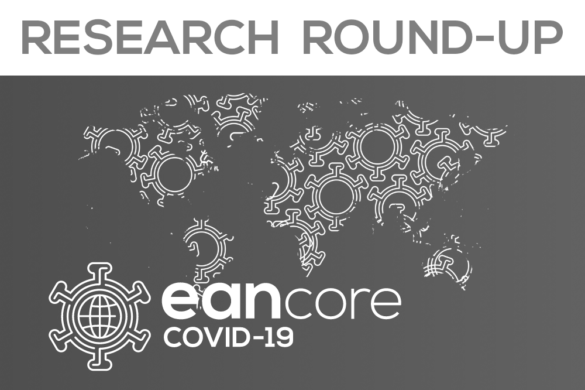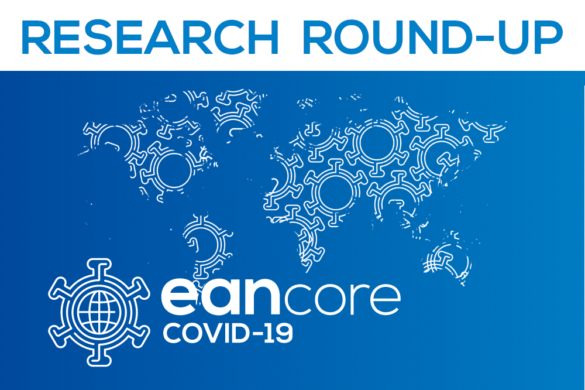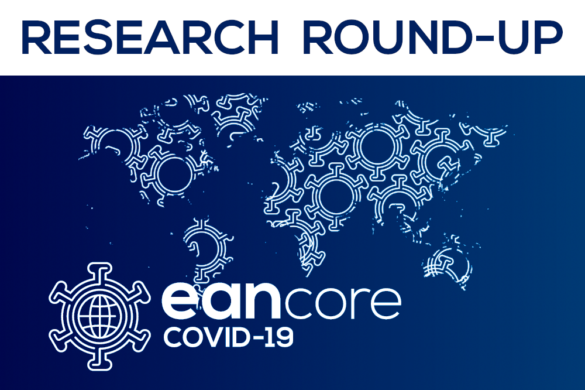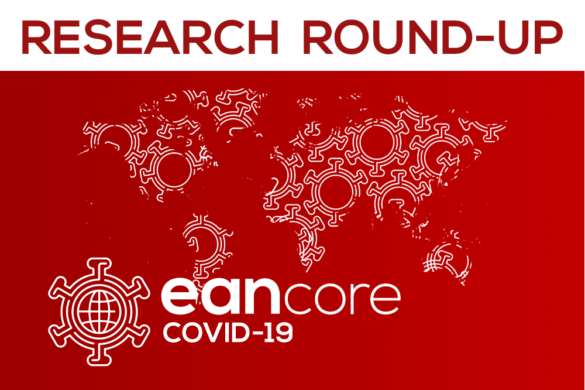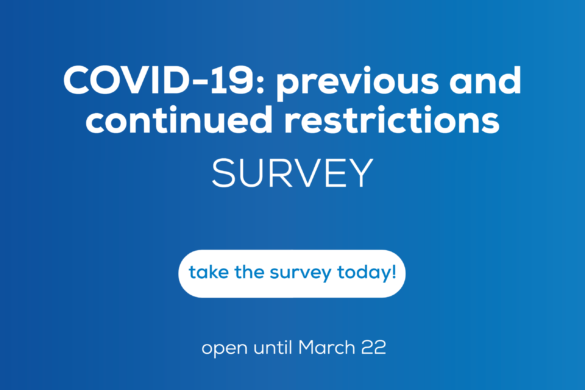Cross-sectional case-control studies (Blue)
Intravenous thrombolysis (IVT) with recombinant tissue plasminogen activator is the core medical therapy of acute ischaemic stroke (AIS). COVID-19 infection negatively modifies acute stroke procedures and, due to its pro-coagulative effect, may potentially impact on IVT outcome. Thus, short-term efficacy and safety of IVT were compared in patients with and without evidence of SARS-CoV-2. This represents an observational, retrospective study included 70 patients with AIS, including 22 subjects (31%) with evidence of acute COVID-19 infection, consecutively treated with IVT in 4 stroke centres between 15 September and 30 November 2020. Patients infected with COVID-19 were characterized by higher median of National Institute of Health Stroke Scale (NIHSS) score (11.0 vs. 6.5; p < .01) and D-dimers (870 vs. 570; p = .03) on admission, higher presence of pneumonia (47.8% vs. 12%; p < .01) and lower percentage of ‘minor stroke symptoms’ (NIHSS 1-5 pts.) (2% vs., 18%; p < .01). Hospitalizations were longer in patients with COVID-19 than in those without it (17 vs. 9 days, p < .01), but impact of COVID-19 infection on patients’ in-hospital mortality or functional status on dismission has been confirmed neither in uni- or multivariate analysis. The authors concluded that SARS-CoV-2 infection prolongs length of stay in hospital after IVT but does not influence in-hospital outcome.
Sobolewski P, Antecki J, Brola W, Fudala M, Bieniaszewski L, Kozera G. Systemic thrombolysis in ischaemic stroke patients with COVID-19. Acta Neurol Scand. 2021 Aug 20. doi: 10.1111/ane.13520.
